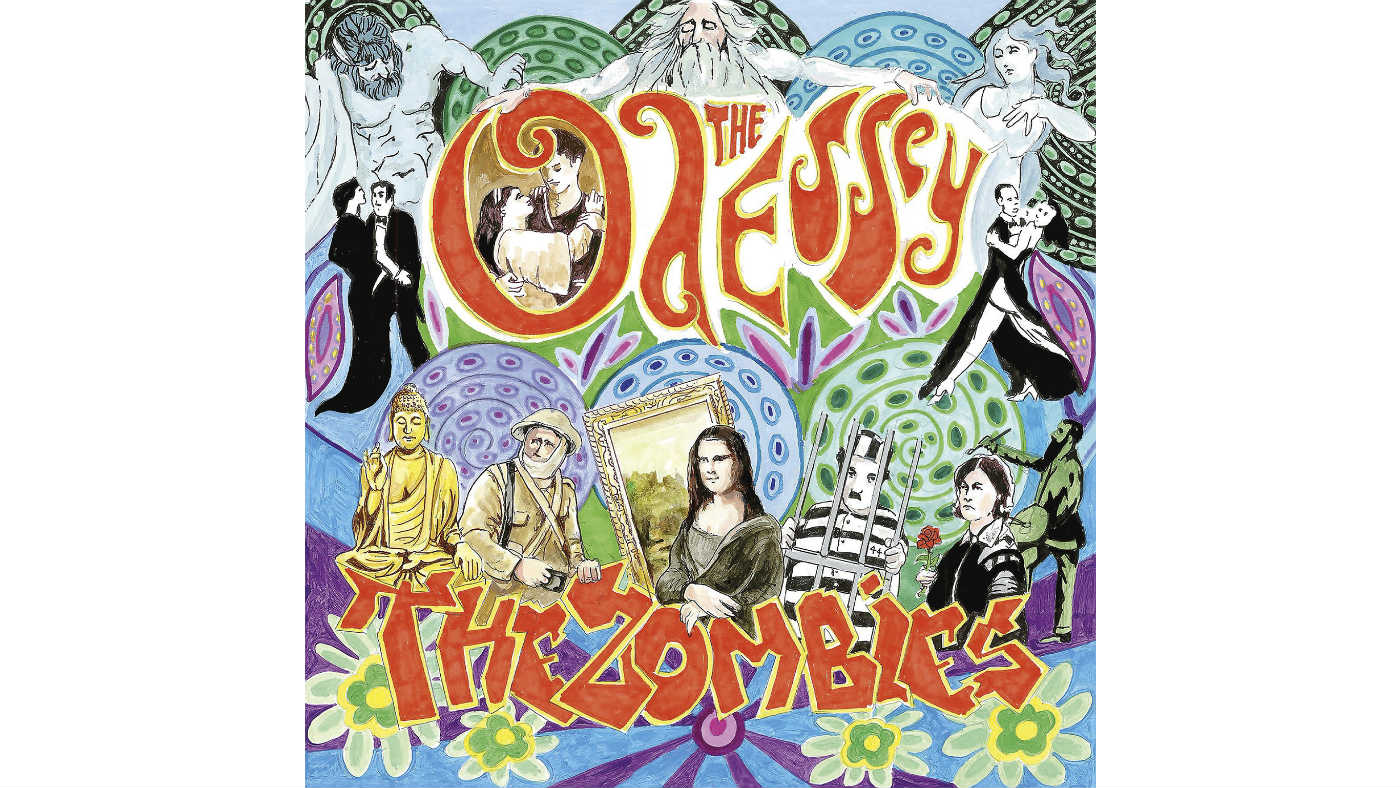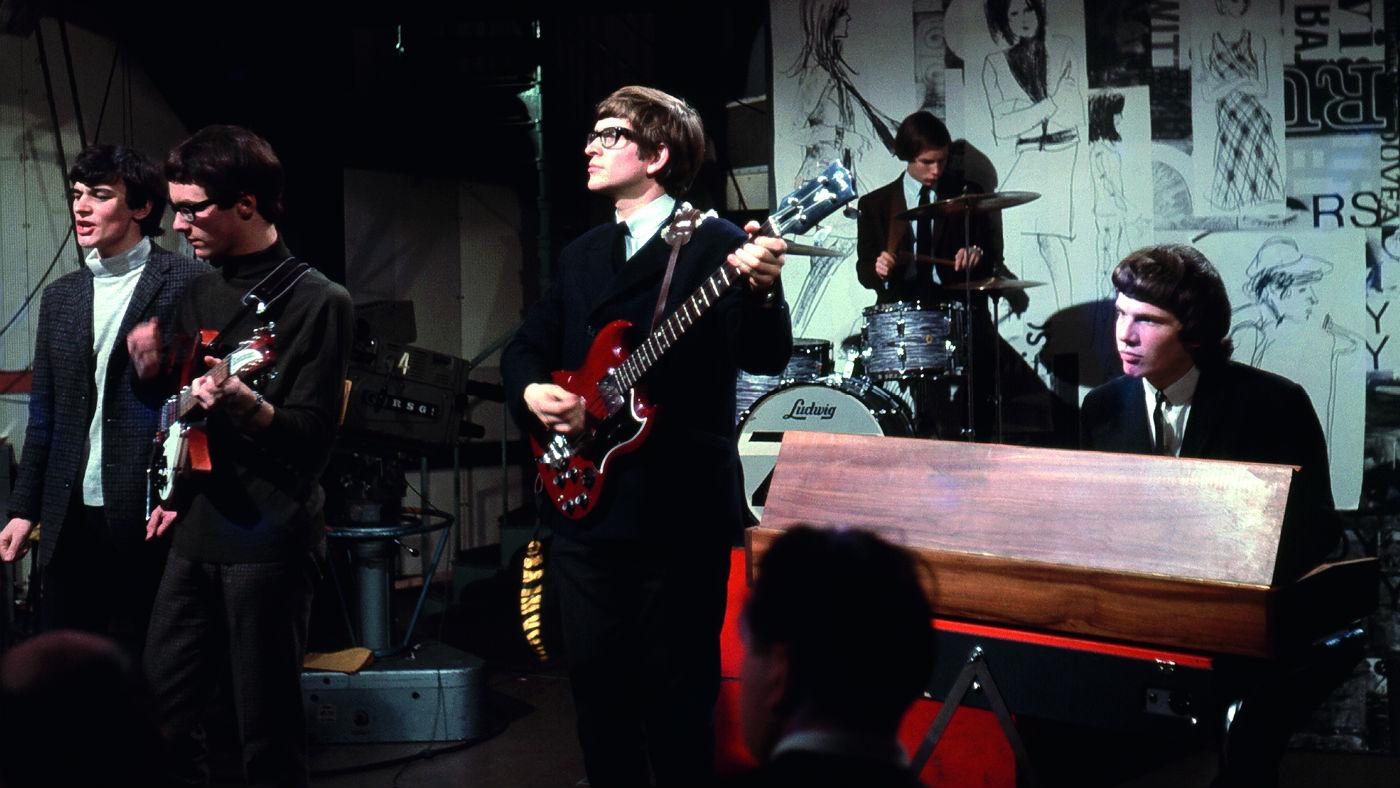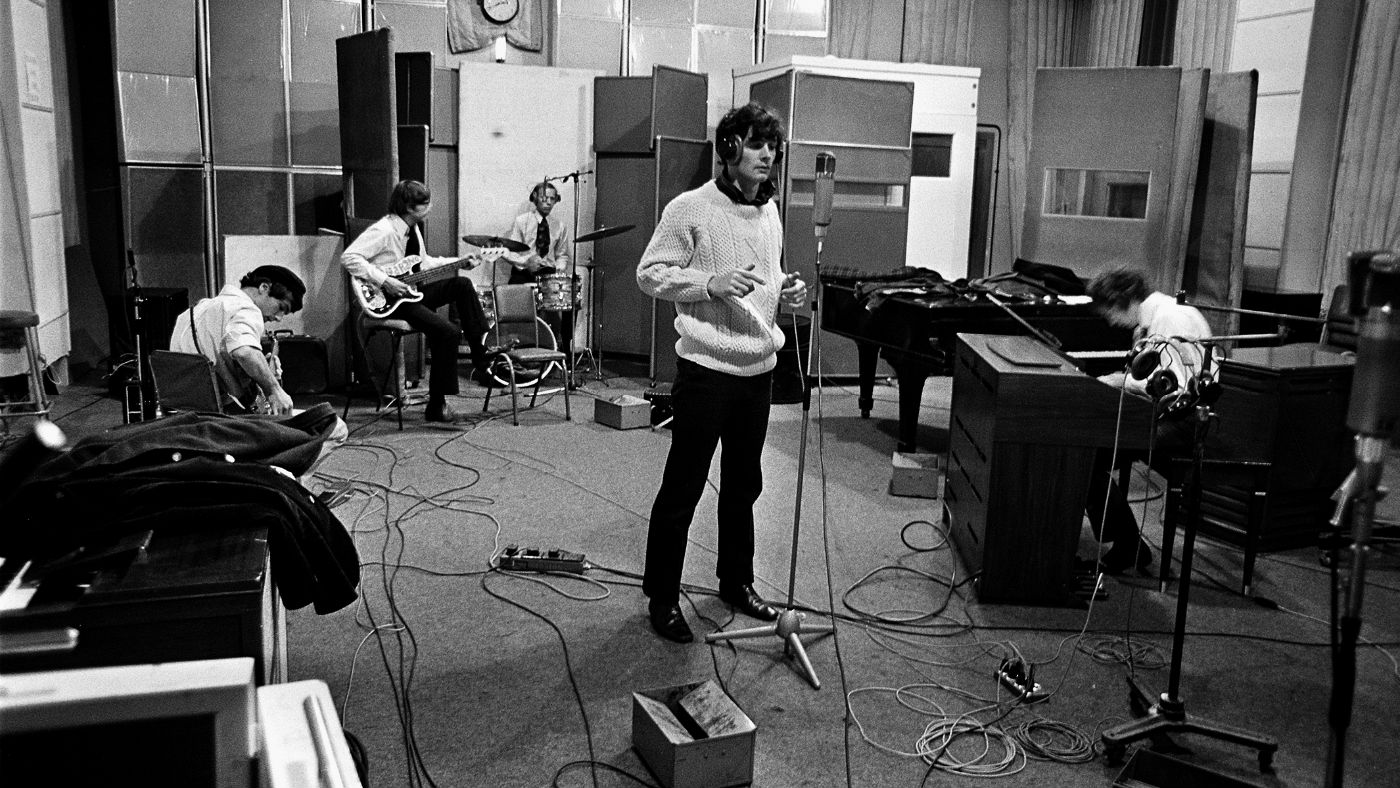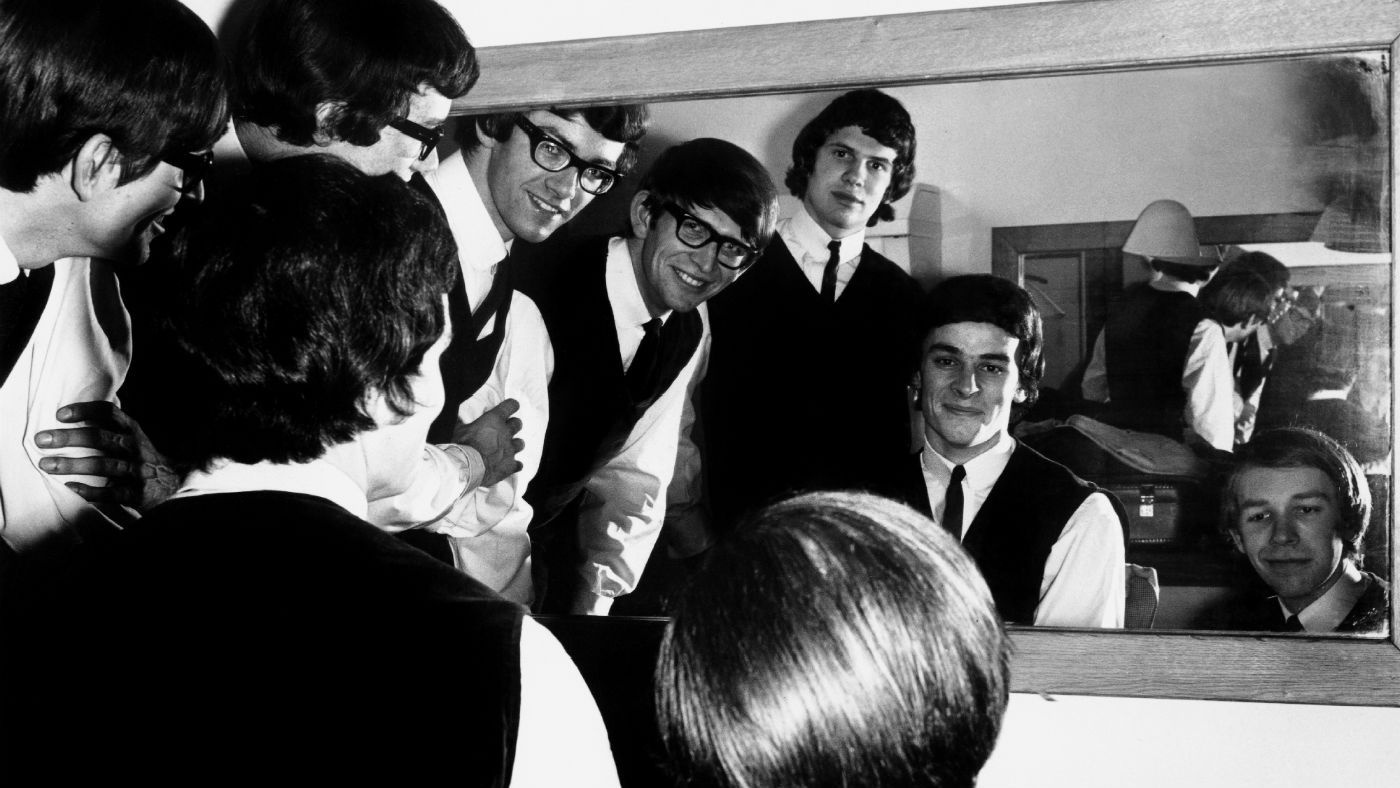50 years of The Zombies' Odessey and Oracle
Lead singer Colin Blunstone on the under-the-radar album that has become one of the cult classics of the 1960s
A free daily email with the biggest news stories of the day – and the best features from TheWeek.com
You are now subscribed
Your newsletter sign-up was successful




That Odessey and Oracle has the recognition it has today is a bit of a mystery to me. We recorded it in the summer of 1967 and it certainly wasn't a commercial success. Our label in the US, CBS, wasn't even going to release it, but Al Kooper, of Blood, Sweat and Tears, went to Clive Davis, then head of Columbia Records, and said: "We have to release this album." Then, in 1969, the track Time of the Season became a huge hit in the US – it topped the Cashbox chart and was number three on Billboard. According to my own research the actual album only got into the US charts for one week at number 98 on Billboard and that was it. It took about ten years before people started to take an interest; it wasn't being promoted or marketed, so I can only guess it was word of mouth.
You'd almost think that this album fought through on its own and demanded to be recognised, because in 1967 it seemed like the end of the story. It was a big part in why The Zombies finished playing. From a personal point of view, I felt this album was the best we could make, the best work we could do, and the thought did cross my mind that if this didn't appeal to people then possibly it was time for us. There was no animosity from the band, we were just trying to recognise what fate was telling us, that maybe it was time to move on to other projects. And that's what we did.

CBS gave us £1,000 to record Odessey and Oracle, which was not a lot of money even then, especially if you're recording at Abbey Road. We got around this by rehearsing extensively before we got in the studio – we knew the songs, the arrangements, the keys, and all we were looking for was a performance so we could record really quickly.
The Week
Escape your echo chamber. Get the facts behind the news, plus analysis from multiple perspectives.

Sign up for The Week's Free Newsletters
From our morning news briefing to a weekly Good News Newsletter, get the best of The Week delivered directly to your inbox.
From our morning news briefing to a weekly Good News Newsletter, get the best of The Week delivered directly to your inbox.
Abbey Road was – and still is – one of the best studios in the world and we were recording with wonderful engineers such as Peter Vince and Geoff Emerick. The Beatles has just left after finishing Sgt Pepper and we were the next band to go in. We were really lucky as we benefitted from all the experiments they had done on that album and they were offering us these recording advances. There were all sorts of instruments lying around, including a mellotron that John Lennon had left in studio three. If you listen to Oddesey and Oracle, it's absolutely full of mellotron and if he hadn't left it there it probably would have been a very different album.
Odessey and Oracle sounds like a quintessentially 1960s album, yet has a timelessness to it that makes it unique. One of the main reasons we stood out at the time was because we took our influences from a very wide spectrum of music, from classic to modern jazz, rhythm and blues to rock. In some ways that was a great advantage for us because whether you liked the Zombies or not, we certainly sounded different. This was also a disadvantage, though, because in the industry people are always trying to categorise you and I don't think we ever fitted into a neat slot.

One of the first people to champion the album in the UK was Paul Weller, who was relentless in praising it and still does to this day.
This year, we're doing a huge tour in the US, playing more than 30 dates, which is quite an undertaking, and we'll also be doing a show at the London Palladium in September. The irony is we never toured Odessey and Oracle in the 1960s, even though we were continually asked to do so, and so for the 40th anniversary, we booked one night at the Shepherd's Bush Empire, which grew into three sold-out nights where we played the album in its entirety. We'd never played these tracks outside of the studio. I think the one thing we all agree on is that we're going to celebrate this 50th anniversary and we will probably never play it again after this. It's been great for us to enjoy performing the album that we never got to play live in 1967, but now it's time to move on.
A free daily email with the biggest news stories of the day – and the best features from TheWeek.com
There is also a new book commemorating the anniversary of the album. What is so wonderful about it is that it contains quotes from all these massive names in the music industry. All musicians really desire peer group acceptance, so it's fantastic that people such as Carlos Santana, Clive Davis, Tom Petty, Graham Nash and Paul Weller would take the trouble to contribute.
We also find that a lot of younger bands come up to us and tell us we have been an influence in their progression and careers, which I think is one of the most rewarding things that anyone can say to you. Very often when we play live, the spectrum of those at the concert goes from teenagers to those who have supported us from the very beginning. It's so encouraging to see people of all ages out there enjoying what you're doing.
COLIN BLUNSTONE is a British singer-songwriter and musician. In addition to being a founding member of The Zombies, he is known for his solo career and work with the Alan Parsons Project; thezombiesmusic.com, colinblunstone.net
The Odessey: The Zombies in Words and Images is published by Reel Art Press, £24.95; reelartpress.com
-
 The ‘ravenous’ demand for Cornish minerals
The ‘ravenous’ demand for Cornish mineralsUnder the Radar Growing need for critical minerals to power tech has intensified ‘appetite’ for lithium, which could be a ‘huge boon’ for local economy
-
 Why are election experts taking Trump’s midterm threats seriously?
Why are election experts taking Trump’s midterm threats seriously?IN THE SPOTLIGHT As the president muses about polling place deployments and a centralized electoral system aimed at one-party control, lawmakers are taking this administration at its word
-
 ‘Restaurateurs have become millionaires’
‘Restaurateurs have become millionaires’Instant Opinion Opinion, comment and editorials of the day